ryunin
TPF Noob!
- Joined
- Jan 17, 2010
- Messages
- 89
- Reaction score
- 0
- Location
- Prague, the Czech Republic
- Website
- www.romanvalekphotography.com
- Can others edit my Photos
- Photos NOT OK to edit
Yes, it is slowly beginning to make sense how much I should learn.
Do you guys think The Zone System for 35MM Photographers: A Basic Guide to Exposure Control would be enough? Or terri's articles on the Zone system enough?
I have one question, once we somehow learn to manually set the exposure, what about that AUTO setting in an old Nikon FE and such cameras, where you only choose aperture and rely on the camera to pick the proper shutter speed? Is that for sissies? Or for ocassions when we don't have time to manually set everything?
To sum up about the range of skills and experience, I would say the wider the range is the wider the field in which we may express ourselves is. Jimmy Hendrix knew nothing about musical theory and his music was great but covered a very narrow musical field. Miles Davis knew all about complicated jazz harmonies and even invented his own scales and chords. Then there are fantastic blues singers who only know how to sing blues. A friend took a fantastic picture with his PS camera several times but he never became a photographer, only picked amazing people, moments and situations and made the best out of them with the little camera. Stunning pictures. So everyone must decide how great the scope of photography they want to master or at least learn to express themselves. So to me I would like to learn to have things under control when making BW photographs on film. Zones, darkroom, negatives are all waiting for me now.
Do you guys think The Zone System for 35MM Photographers: A Basic Guide to Exposure Control would be enough? Or terri's articles on the Zone system enough?
I have one question, once we somehow learn to manually set the exposure, what about that AUTO setting in an old Nikon FE and such cameras, where you only choose aperture and rely on the camera to pick the proper shutter speed? Is that for sissies? Or for ocassions when we don't have time to manually set everything?
To sum up about the range of skills and experience, I would say the wider the range is the wider the field in which we may express ourselves is. Jimmy Hendrix knew nothing about musical theory and his music was great but covered a very narrow musical field. Miles Davis knew all about complicated jazz harmonies and even invented his own scales and chords. Then there are fantastic blues singers who only know how to sing blues. A friend took a fantastic picture with his PS camera several times but he never became a photographer, only picked amazing people, moments and situations and made the best out of them with the little camera. Stunning pictures. So everyone must decide how great the scope of photography they want to master or at least learn to express themselves. So to me I would like to learn to have things under control when making BW photographs on film. Zones, darkroom, negatives are all waiting for me now.


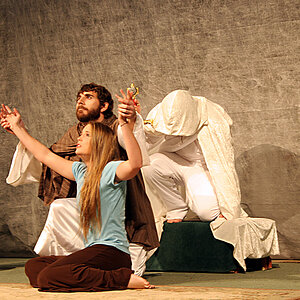
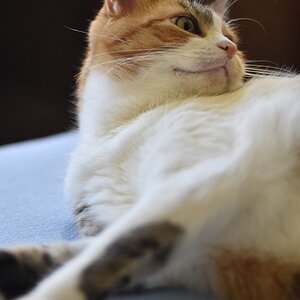
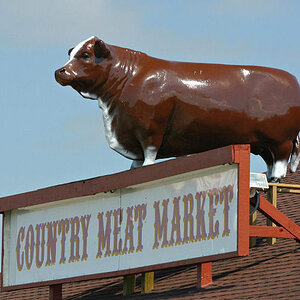
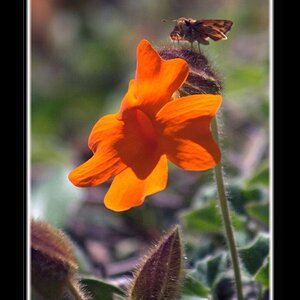
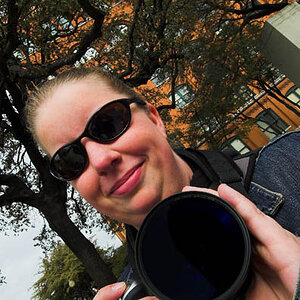
![[No title]](/data/xfmg/thumbnail/33/33876-69ae4c2723e06d63117dc3b1b6629647.jpg?1619736182)
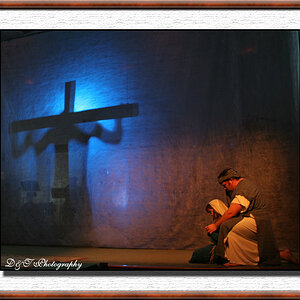
![[No title]](/data/xfmg/thumbnail/37/37605-90c8efaef5b7d1f52d4bf8e7dfd33673.jpg?1619738148)
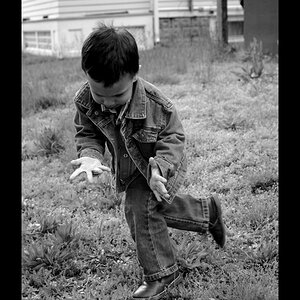
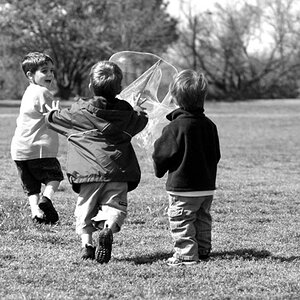
![[No title]](/data/xfmg/thumbnail/42/42474-aa3cf1f7163a823d6f10558b262a4bc3.jpg?1619740194)
![[No title]](/data/xfmg/thumbnail/33/33874-2ac673051e59157729970fcb9b637b43.jpg?1619736180)